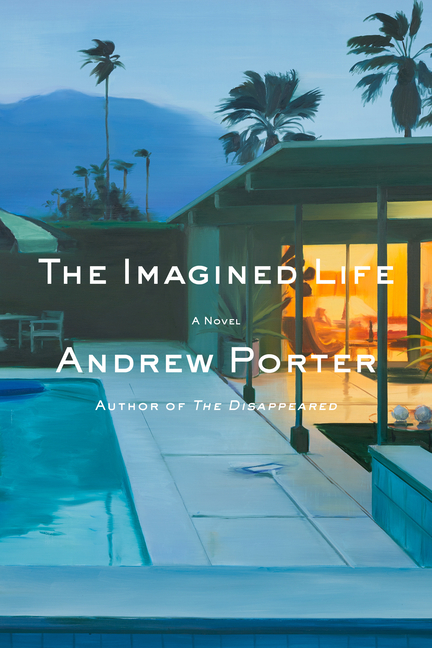...foremost among Porter’s 20th-century forebears might be Richard Yates, that incisive chronicler of men of fragile ego, men whose anxious lives carry an ever-accumulating cargo of failure and self-doubt. Like Yates, Porter writes in a style that is lucid and unadorned; in outfitting his prose, he skipped the metaphor shop, though he does make an occasional segue into lyricism to capture moments of repose amid the discord. He is less caustic than Yates, and more forgiving; generosity, rather than contempt, is the animating impulse ... A privileged insight into other lives is one of fiction’s gifts. When those lives are dreary, carrying that gift through the long haul of a novel can become a chore, and The Imagined Life would be a downer were it not endowed with sympathy and propelled by the mystery behind the Mills family’s undoing. You want to find out what happens—or, rather, what already happened. As Kierkegaard said, life is lived forward but understood only in reverse. The Imagined Life moves in both directions, foraying precariously into the future even as it looks back in perplexity, and seeking understanding even as it attempts to salvage love.
Read Full Review >>

